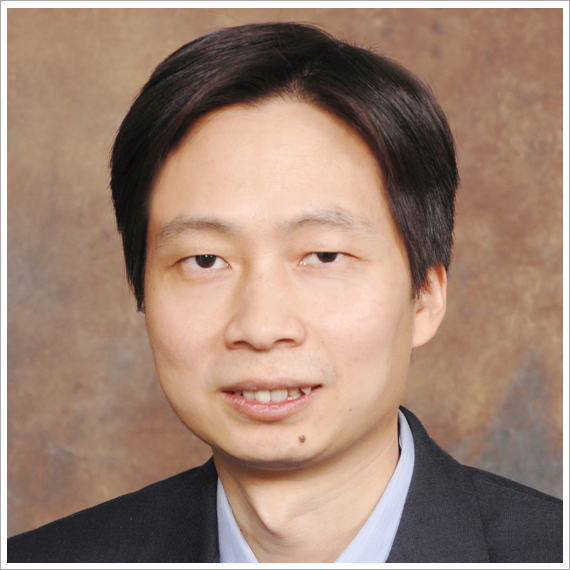
Xiaoting Zhang
Associate Professor
- :513-558-3017

Our laboratory aims to elucidate the molecular mechanism of transcriptional and epigenetic gene regulation and dysregulation in breast cancer. Breast cancer is the most common types of cancer and one of the leading causes of death among Western women. A vast majority (75%) of breast cancer has been found to express estrogen receptor (ER), which is the key mediator of estrogen functions and plays prominent roles in breast tumorigenesis and drug resistance. Selective estrogen receptor modulators (SERMs), such as tamoxifen, have been widely used in the treatment of ER-positive breast cancer. However, acquired resistance and unwanted side effects on other estrogen-responsive tissue such as the uterus have greatly limited their use. Our recent work has discovered MED1 (Mediator Subunit 1) as a key tissue-specific transcriptional coactivator in mediating estrogen receptor functions in vivo. Importantly, MED1 serves as a key crosstalk point for ER and HER2 signaling pathway in mediating tamoxifen resistance of human breast cancer. Significantly, MED1 has been reported to be overexpressed in 40-60% of human breast cancers and the overexpression of MED1 highly correlates with poor survival of breast cancer patients treated with tamoxifen. Moreover, recent studies also discovered an increased frequency of MED1 mutations in metastasis “seeding” circulating tumor cells following endocrine therapies [Nature (2013) 497:108]. We are continuing to determine the role of MED1 and its associated proteins in breast cancer by using a combination of state-of-art biochemical, molecular and cellular techniques, as well as mouse genetic approaches with our newly generated MED1 mutant knockin, conditional knockout and overexpression models. We are also currently developing RNA nanotechnology-based strategies to target MED1 and explore its therapeutic potential. Through these investigations, our ultimate goal is to provide novel insights and therapeutic targets for better diagnosis, prognosis and individualized treatment of human breast cancer.

Associate Professor